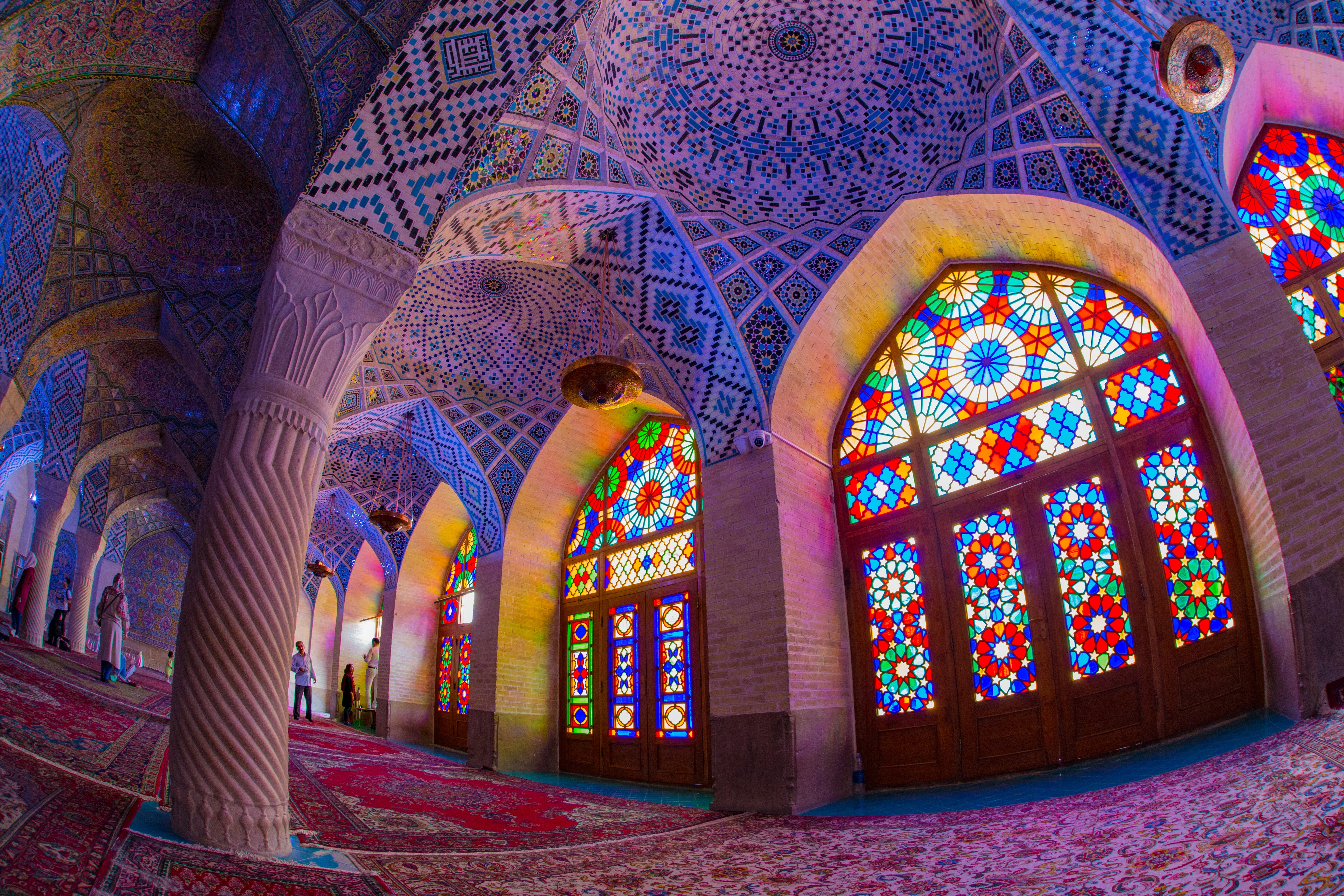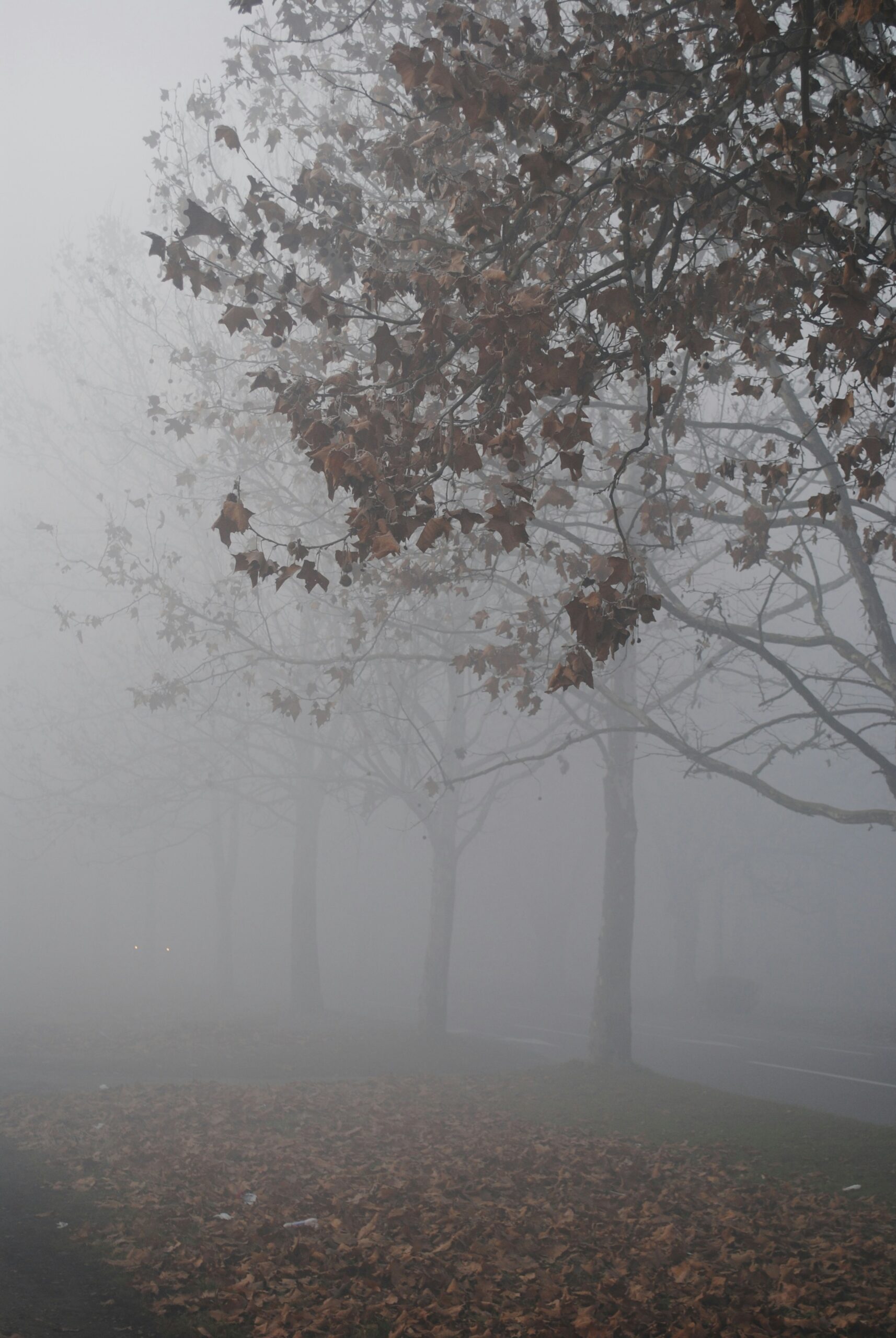
SAI Sabouke is a made-by-Nigeria poet living in New Bussa, Nigeria. He holds a BA in English from the Usmanu Danfodiyo University, Sokoto. He finds Sufism, History and Language as fascinating tools for man and society regeneration. His writing has appeared in Dugwe: Online Journal of Abuja Writers Forum, Synchronized Chaos Magazine, Peacock Journal, African Writer and elsewhere. Sabouke loves beans, gahawa and dreams of roasting the entrails of vultures.
I find it difficult to accept any piece of writing that tries to define poetry. The closer I look into them, the more jumbled and frustrating they appear. Poetry, to me, is beyond the restricted effort of textbooks to give meaning. Poetry needs no definition. It is better to focus on what poetry does than waste time on trying to explain what it is. It is sheer misplacement of priorities to ask who Jesus is when you have no idea of what Jesus does.
I hate the idea of perfection in life. No life should be perfect. Even the Sufi idea of Insanul Kamil is not sufficient in itself. The Perfect Man (Insanul Kamil) needs air to be or stay alive. The dervishes who claim to have reached Ibn Arabi’s Wahdatul Wujud also need space to whirl. Who then can come up with some constricted thought asking for perfection in arts?

I have come across some arts lovers who opine that every piece of art should be complete. Most of these arts lovers call themselves critics. They want perfection in poetry. To be or achieve perfection in poetry, one must conform to certain norms or rules set up by a particular set of people. And conforming to rules in the arts is the greatest form of slavery. This, I believe, is what Chinua Achebe meant when he said that “you’d accept limitations to your actions but, never, under no circumstance must you accept limitations to your thinking.”
Poetry is the microcosm of creativity. Everything arts revolves around it. You don’t expect me to make a perfect poem that’d end up reminding me of my fallibility. Poems expose us to what makes us human, not the process of making them. A perfect poem (if there has ever been one) is like a room stuffed with grief. I do not pray for a second therein. I love loose poems. Poems that rebel against the notion of standardization. Who even defined a standard poem?
Poems are not sacrosanct though I believe they are children of divine moments. I do not want to read a perfect poem. I want to read poems that tell stories about peoples, cities, landscapes, feelings of love, fear, anger and grief. I love poems that speak to the heart, mind, eyes, ears and the things between our legs. I love musical poems and poems that look like galleries. I love poems I could shuffle and still find meaning in them. I love poems that speak and sing about nothing and everything.
Poetry is the language of God. Ask the Bible. And the Qur’an is a living witnesses to the beauty of verse. Dami Ajayi, in the Alphabet Laboratory, says that
“Poetry is the broken word of a stutterer.
Clip, clip, clip, bang.”
So was revelation from Allah to the Prophet Muhammad which now gives us the Qur’an, guiding Muslim faithful to light.
I once read somewhere that “poetry is a careful assembly of words into concrete ideas, thoughts and feelings.” I would have totally agreed with this belief if the word “careful” is omitted from it. But poetry is more than that. Poetry is not an assembly of words. It is an ascension of words from a collection of letters to a constellation of feelings and ideas.
Carefulness is not a virtue in poetry. A careful poet ends their writing career in prose. Poetry is arts in the nude. That’s why many people tend to look away from it. It is disturbing when people read textbooks to become poets and arts critics. There is a rising number of these self-appointed critics in all spheres of arts today. They are a danger that needs urgent remedy. The only way to escape from the evil of these opinionated so-called critics is for emerging poets to read widely and write crazily. Poetry is nonsense, says a dusty poet. I believe that. Poetry is the litany for madness.
Umar Abubakar Sidi, a Nigerian poet and helicopter pilot who hails from the Sokoto caliphate, once told his mentee, “write every poem as if it is your last”. I believe that this advice goes to both emerging and established poets. Poetry, like mangoes, needs time to ripen. A little touch here and there but remember, sometime, too much make-up flaws our natural beauty.












This is so true ,most times we create a pattern and expect everyone writing to follow thus creating an era not of no difference
Deep! Let me borrow the words of William B. Yeats, 1923 Nobel prize winner, that what can be explained is not poetry. I wonder how you’d critic something i can’t even explained to you, something that perhaps comes directly from my heart and gets shaped by poetic devices. Just let the poet be. He is the god of his own work.